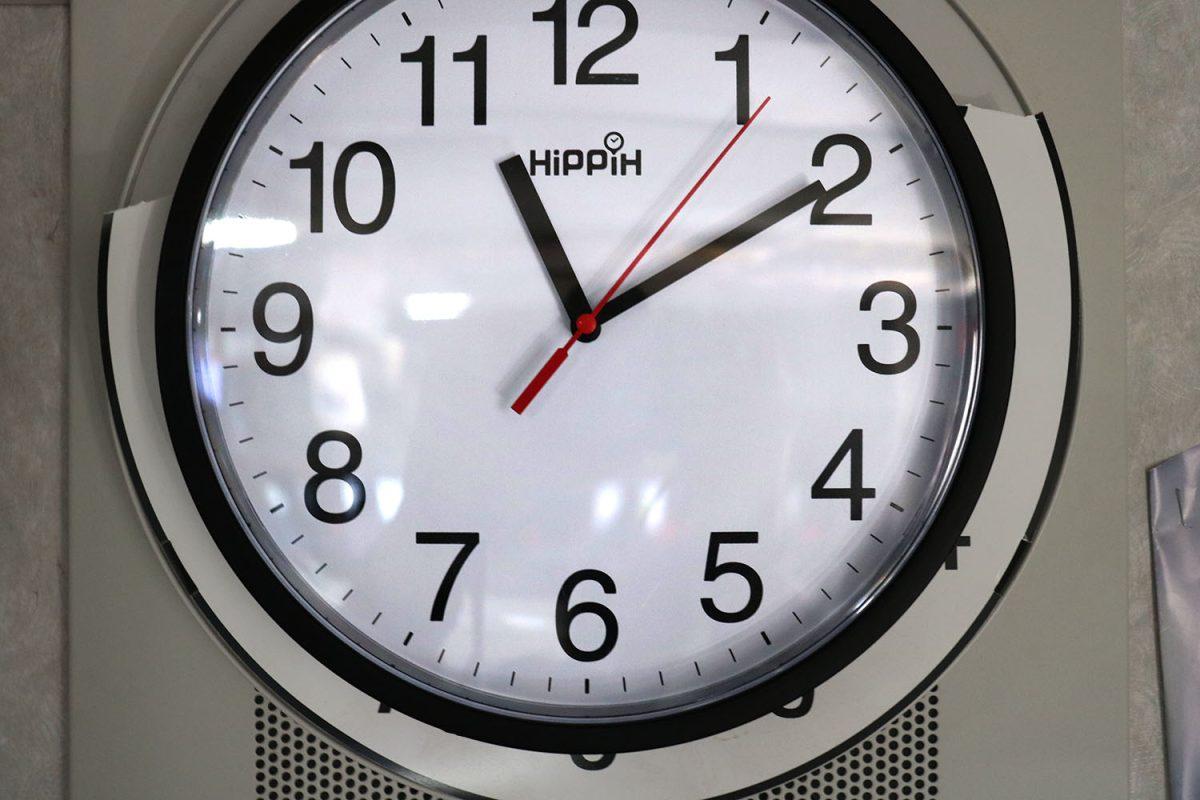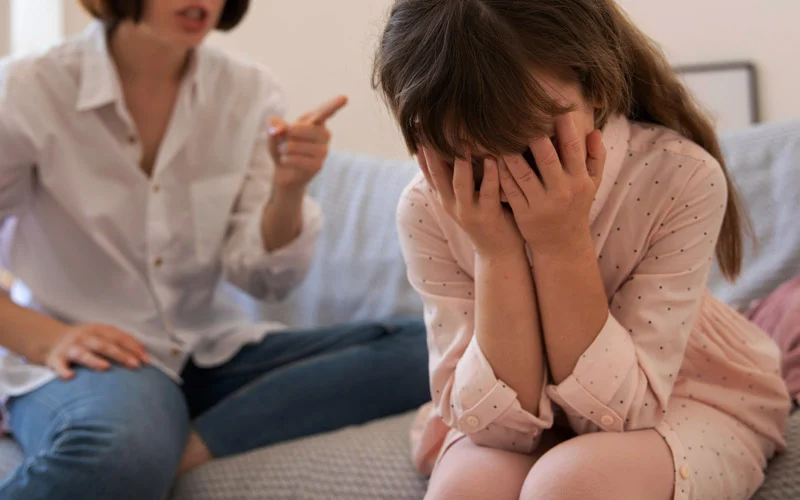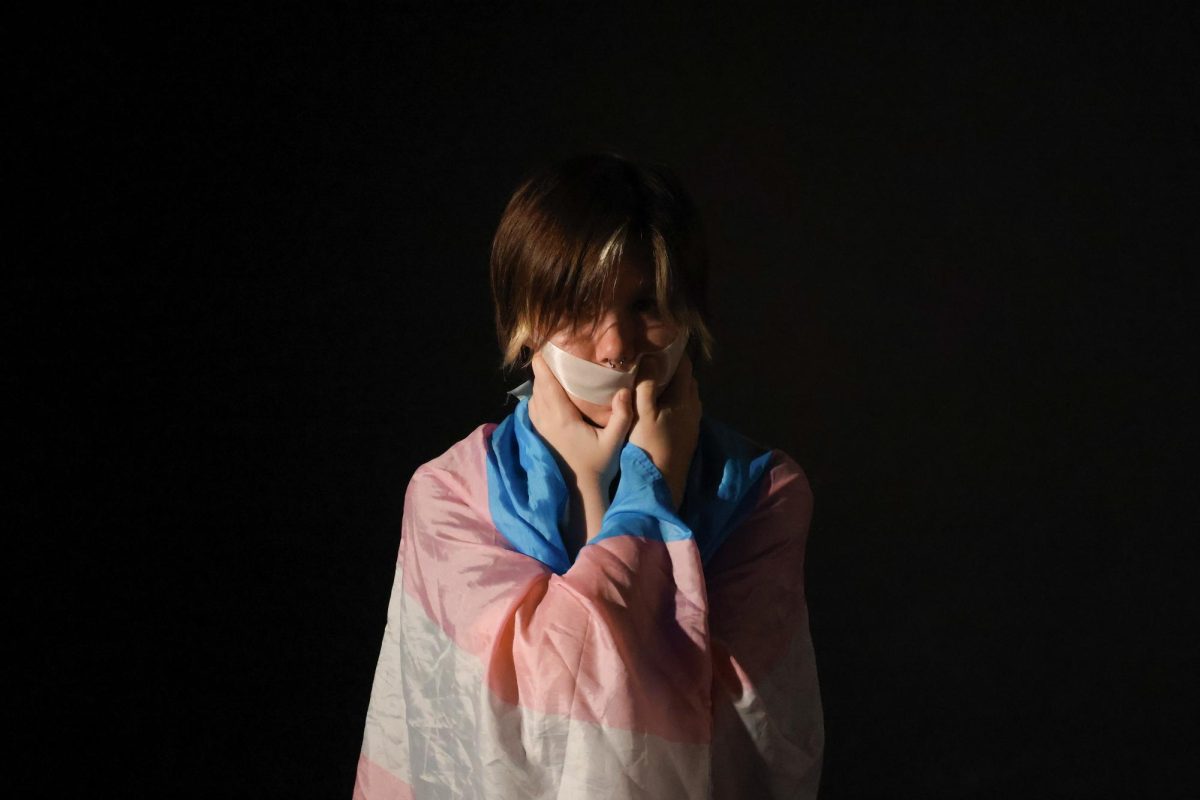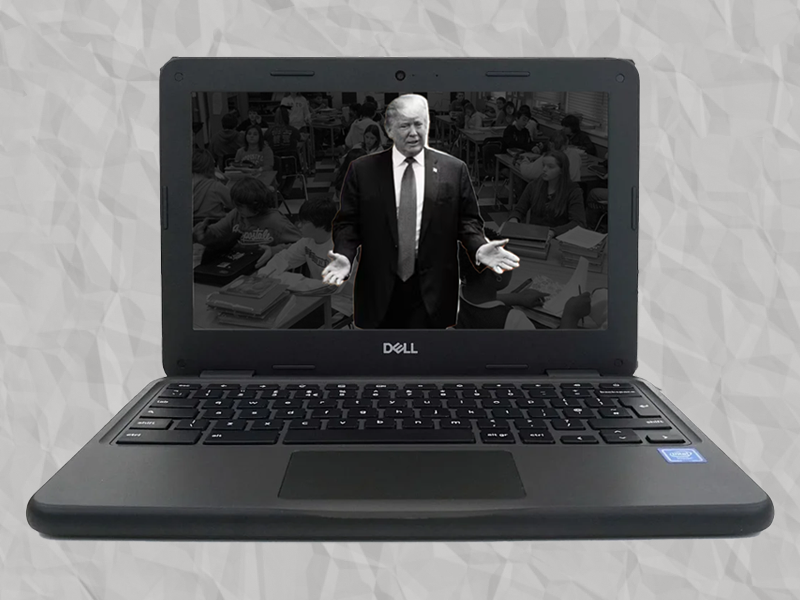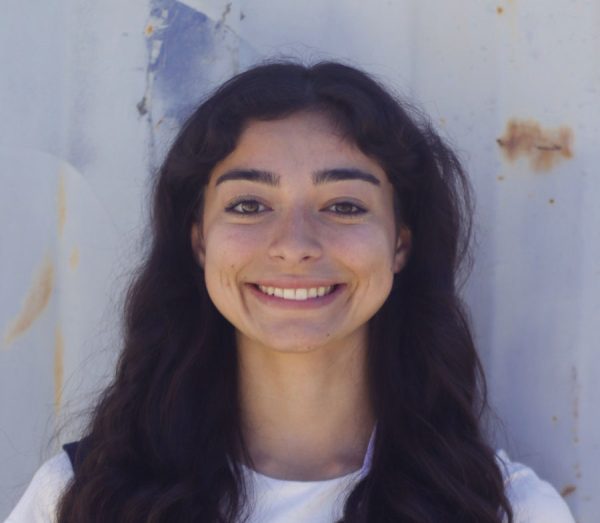
Students and staff share opinions on rising tardiness among PRHS students
As the school bell sounds and class begins, there is an element of settling down; most teachers will have their students put phones away and take school supplies out, a careful transition from their lives outside of school to the academic-focused world of tests, worksheets, and projects….
Bang.
The door flings open, and in comes a late classmate, possibly concerned about the distraction they’re causing, or possibly not, but nonetheless popping the quiet bubble of class with their tardy presence.
PRHS staff and attendance records have noticed a significant increase in tardiness since August 19 and now, PRHS’s campus-both staff and students alike- must collaborate to lower these numbers.

Anthony Overton, PRHS principal since 2019, acknowledges the problem: “We’ve definitely seen a rise in tardies from when we
left back in COVID,” Overton said. “As we’ve come back this school year, that system that manages tardiness… (has been) a little lacking.”
The system Overton is referring to is our school tardiness policy, which can be found in the Student Handbook; Consequences are doled out based on tardies per period and overall tardies. Most notably, per period punishment starts after the second unexcused tardy with a formal warning/the teacher marked down on the tardy referral form- the first tardy is informal warning- and overall tardies punishment starts after twelve overall tardies with the student/parent notified by letter and autodialer.
Since coming back to school, teachers and staff have been more lax in enforcing this policy, it’s not their fault; Students feel no rush to return to the previous system with 43% of students surveyed feeling that tardiness is not disruptive to their learning.
Overton believes this lenient attitude is understandable with the start of school coming from online, then hybrid learning in 2020-early 2021, but he still has plans to revive our previous system. “It’s obviously becoming a big issue…” Overton said, “If you actually go back about two years before (school shut down) we had a pretty high tardy rate… Then we implemented this current policy and tardies went way down.”
Still, before that happens, a question remains: What do those most affected, students and teachers, think of this tardiness epidemic?
77.1% of student responses self-reported as being tardy this school year, and the majority of those students (29.4%) blame traffic. Those numbers, however, don’t account for the 68.4% of students who find themselves late during passing periods and after lunch.

English teacher Kevin Kijewski sees that kind of tardiness the most.
“Interestingly, one would imagine that first period would have the most tardies. Not for me though, that would be sixth period. And then, on top of that, a certain contingent of students, even though we have very clear procedure, especially in this class where everything is literally written out on an agenda for the week… even say ‘I don’t know what’s going on.’ (In that way) I think (tardies are) disrespectful.”
He is hopeful for further enforcement and administrative support.
“I’d be open to any, any form of penalty because it just seems like right now, it’s not really doing anything. I don’t think telling them that they’re being disrespectful is enough to deter the behavior… As teachers, we care… we want to see you. It upsets us on a human level that you’re not here… we actually do kind of miss you. We need and want all of our students in class, and that’s just because we care about student outcomes,” Kijewski said.
Many students, however, don’t even see what they’re doing as disrespectful. 74.6% of student responses agree that tardiness isn’t as important as people make it out to be and Josie Clark, 10, believes tolerance in tardiness is necessary.
I really don’t think tardiness is a big deal, because most of the time (when) students are late, it’s for about one to two minutes in the beginning of class, (and) if it’s for more than that it’s usually for a valid reason… I am absolutely not trying to be disrespectful towards my teacher when I’m late…. The staff should keep in mind that students are not tardy on purpose… we just all have different schedules and life gets in the way sometimes as a result.
Josie Clark
So, a clear stalemate is present wherein students want to the tardy policy to be more understanding while staff want a more enforced system.
Habits born in adolescence can stay with someone their entire life and with 41% of of U.S. employers having fired an employee for arriving late, tardiness isn’t an issue that leaves one as they finish high school. But solutions get complicated when considering student opinion and other statistics, such as a study from the Hammill Institute on Disabilities show that stronger enforcement doesn’t necessarily yield stronger attendance.

There is hope, however. Math teacher Lori Jordan presents a reasonable middle ground.
“There’s always alternative solutions. I think getting a committee of students and teachers together to work together would be a really great option because I’m sure there’s things that we’re not thinking of,” she said.
It’s a determined fact that the tardy policy is going to be more strongly enforced and in the end, most students and staff seem to want the same thing: a productive and understanding learning environment. Compromise is necessary, and as long as student are receptive to the staff view, and vice versa, tardiness will go down, and PRHS will remain a fair and effective, place for all who walk past our gates.

